
I had just flown into Rwanda around 2001/2 when someone came up to me and asked if I was from the United States. I was wearing a Yankees cap — which I thought might have given me away, though I had seen several already — but what had actually drawn this person’s attention was a KRS-One reference they’d overheard. Shortly after, I was asked into one of the hundreds of hair saloons that littered the streets of Rwanda, much like the streets of Harlem back when it was black. I was not sure where this was going but was willing to go along for the ride, so to speak.
Once in the saloon I was asked a whole array of questions: what was America like in general as well as for blacks especially? What was New York, hip-hop like? And what did I think of their saloon, which looked something like a rap museum with old covers of Source magazine lining the walls alongside bizarre pictures of the most obscure artists, and some song from ’80s-vintage group Houdini playing the background. Over the next few weeks I spent time at the saloon, and could tell that some of the people there seemed to be opening up to me (all were young Hutus, the predominate ethnic group once in charge of the country before the minority Tutsis took over). They lingered longer and longer on my questions about what life was like now, and how things differed from the way they were before “the war.”
While I never really thought about it until years later, being an African American was my way in. In 1999-2000 when I first started going to the country America was not on the most popular countries list. In Rwandan’s minds America had abandoned them, and they — willing to trash the US in a second — looked for anyone to ready chime in on the topic. As any African American who has listened to Malcolm X, Huey P. Newton, Public Enemy, and NWA could, I was more than ready to “go negative”. My additional readings of W.E.B. Dubois, Marcus Garvey, Ralph Bunche and Imari Obadele also lent themselves to a critique of America.
Being hostile to America or Americans is one of the things that blacks are not only good at but are also seemingly “known for” — like basketball and singing perhaps. I found this tendency interesting because Rwandans seemed to assume that I was ready to criticize America. Normally it takes a few meetings, a meal or two, or a long trip for someone to get this out of me. What was fascinating was that the preconceived notion about what I, as an African American, would think and do seemed to ease all my subsequent communication with Rwandans. This access wasn’t limited to the bottom of Rwandan society (i.e., the slightly demoralized, defeated Hutu male youth) but also those on the top (i.e., the largely empowered, victorious Tutsi male youth). Indeed, if I was willing to “Malcolm” a little it seemed to increase individuals’ desires to not only speak with me, but to connect me with others in their network.
Now, I did not find performing some element of blackness offensive (i.e., putting on a little show for an audience interesting in digesting something from the g-h-e-t-t-o). I always have a little “Malcolm” in me, and a little “Martin” too, as I will discuss below. For one, this was nothing compared to being asked to perform “blackness” for white educators at Northfield Mt. Hermon School, who would ask “Christian do you have anything on the topic?” after Huck Finn drew the question “I wonder how the black man felt…” from Mr. Block. Or, when I was asked to strut for a part in some Shakespearean play at NMH “like I did around campus”. That was far worse, and it did not lead to unique datasets or decent publications.
What was interesting was that who I was seemed to impact how the participants in earlier conflictual interactions viewed me. In this case, both sides saw me as sympathetic and sought an association to not only secure an ally, but also someone who would carry their message to others throughout the world by going back to America with my “mind right.”
International perceptions of blackness are not uniformly ones of anti-Americanism and hostility. Researching untouchability in India, it was presumed that I was more Martin Luther King(ish) than Malcolm X(ish), and I tapped that other element of black culture – the one with the deep moral authority to discuss struggle amidst seemingly insurmountable forces and the strong association with non-violent direct action. Here, I discussed restraint, chess-like strategic dynamics, and a hint of religiosity/spirituality, and basically the rest was filled in. My blackness served as the beginning or sometimes end/middle of conversations, and in the context of a prolonged discriminatory situation where I was hanging out with the outcasts — or as they prefer, the “dalits” (those who are oppressed) — I fit right in. Unlike in Rwanda, though, I did not have access to both “sides” of the conflict, or at least not in the same way. In India, I was treated by the upper-castes as something odd: I was clearly a wealthy foreigner and thus I was invited to interact with them (e.g., visiting their homes and drinking their water) but I was interacting with the dalits and thus I was somewhat polluted, resulting in my being tolerated rather than brought into the inside of anything. “Kinging” helped me with the dalits (getting trust and access to individuals as well as information) but it did not help me with those who oppressed them.
Similarly, when doing research in Northern Ireland my blackness helped me initially interact with the Catholic/Republican community but did nothing to assist me with the Protestant/Loyalist one. Interestingly, the former seemed to view African Americans as a similarly oppressed minority who fought and won against a similarly oppressive majority. They even had a mural of Frederick Douglas on one of the main streets, and also referred to themselves as the “blacks” or N-words of Europe. Needless to say, I heard this a few times, and took no offense. Some of “my best friends” are now from the North and they never tried to pull a Mr. Block on me.

Now, my interaction was not seamless as it concerned race/ethnicity/identity. On one occasion I was walking by a bar in Belfast with a bunch of young, white youths in Celtics jerseys standing outside. Upon taking in the scene and being reminded of diverse experiences I’d had in Boston I prepared to make a run for it — especially when they called out for me to come over. For one long 30 seconds I contemplated making a break for it, but there was something genuine in the call and I was kind of tired at the time. I went over, was offered a drink, and after I got it out of my mind that there was a ruffie in there I settled into one of the most insightful conversations that I have had about the Troubles. Invariably, we moved from their opinions about politics to what I was doing in Northern Ireland to what black folk were doing back in the US regarding their victory against American oppression. After being surprised at my largely negative response (the subject of a different entry) we moved to on hip-hop (again) and black superheroes (yes there are some). The next day one of the guys I met introduced me to a relative who was a member of a clandestine political institution — go figure.
Now, I know how this sounds. How do I know that individuals were responding to my race/ethnicity/identity? Maybe I am just that type of ethnographer that gets individuals to open up and share their networks. Well, perhaps this is true. Perhaps it is also true that individuals’ stereotypes regarding African Americans, women, or whatever does some of the work which “greases” the social science wheel of familiarity that, in turn, leads to everything we could possibly want to get access to in a conflict situation: conversations, lists, documents and the like. If this is true, then what we need to start doing is rigorously figuring out how different people are perceived and systematically experimenting with what different interviewer-interviewee dyads are able to yield in diverse contexts. If conflict situations of a particular type render African Americans the best at extracting information, then we send one. If conflict situations of a particular type render Asians or Latinos or women or short people the best at extracting information, then we send them. For example, when I was trying to study police investigation and persecution of a black nationalist organization (the Republic of New Africa) I tried going to the police station, some officers from the time and library myself. Both were largely filled with white employees and things did not go too well. When I sent my white, Mark-Maguire-looking grad student the file cabinets just seemed to open.
I still know how this sounds, but what if I am right? What else could we learn about conflict and violence if we sent in the right individual for the relevant dyad? What would a cadre of black interviewers yield in the DRC, Kenya, Venezuela or Brazil? Would there be any difference if an African American scholar went to study Kosovo, or Muslims in the UK? If I am right, then we should care that the majority of black graduate students in political science are found in American politics. If I am right, then we should go out of our way to find, train and promote black comparativists and scholars of international relations interested in political conflict and violence. If I am right, then we should create diverse research teams and explore the bias within our data acquisition on a more systematic basis. If I am right, then we need to change how we do things. Sometimes, as Posner, Humphreys, Habyrimana, and Weinstein have shown, it is not always clear who someone is, but sometimes it might matter a great deal. How much it matters is the question – a potentially big one.
Note: I left off mention of Asian and Middle Eastern countries from my list of potential places that might be altered by greater African American presence. I don’t think this would work as well, but I could be wrong. Note that I also don’t think that blacks will provide too much leverage on trying to examine so-called “high” political topics like national elite opinions, especially in countries that have not treated blacks well historically – like many European countries. We get no play in these circles and in fact unless one was trying to get access to their domestics, this might not yield too much given racial biases


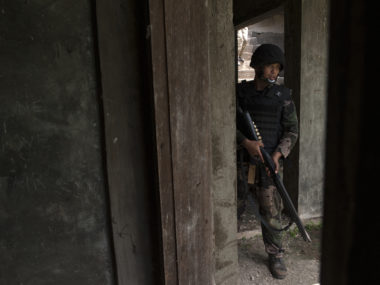
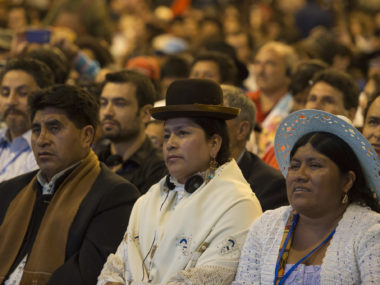
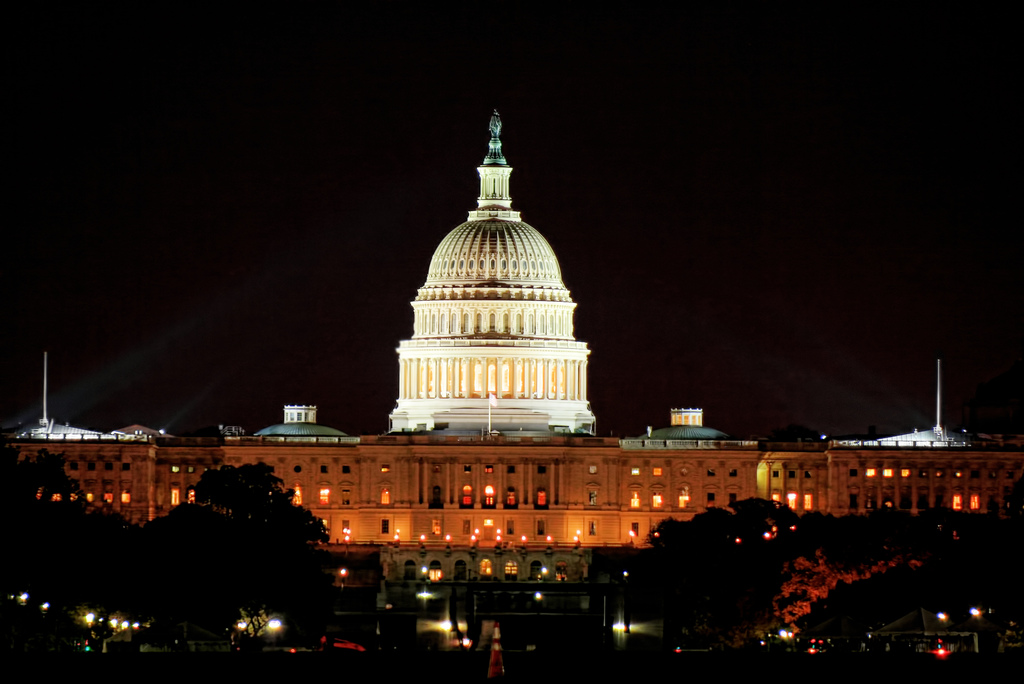
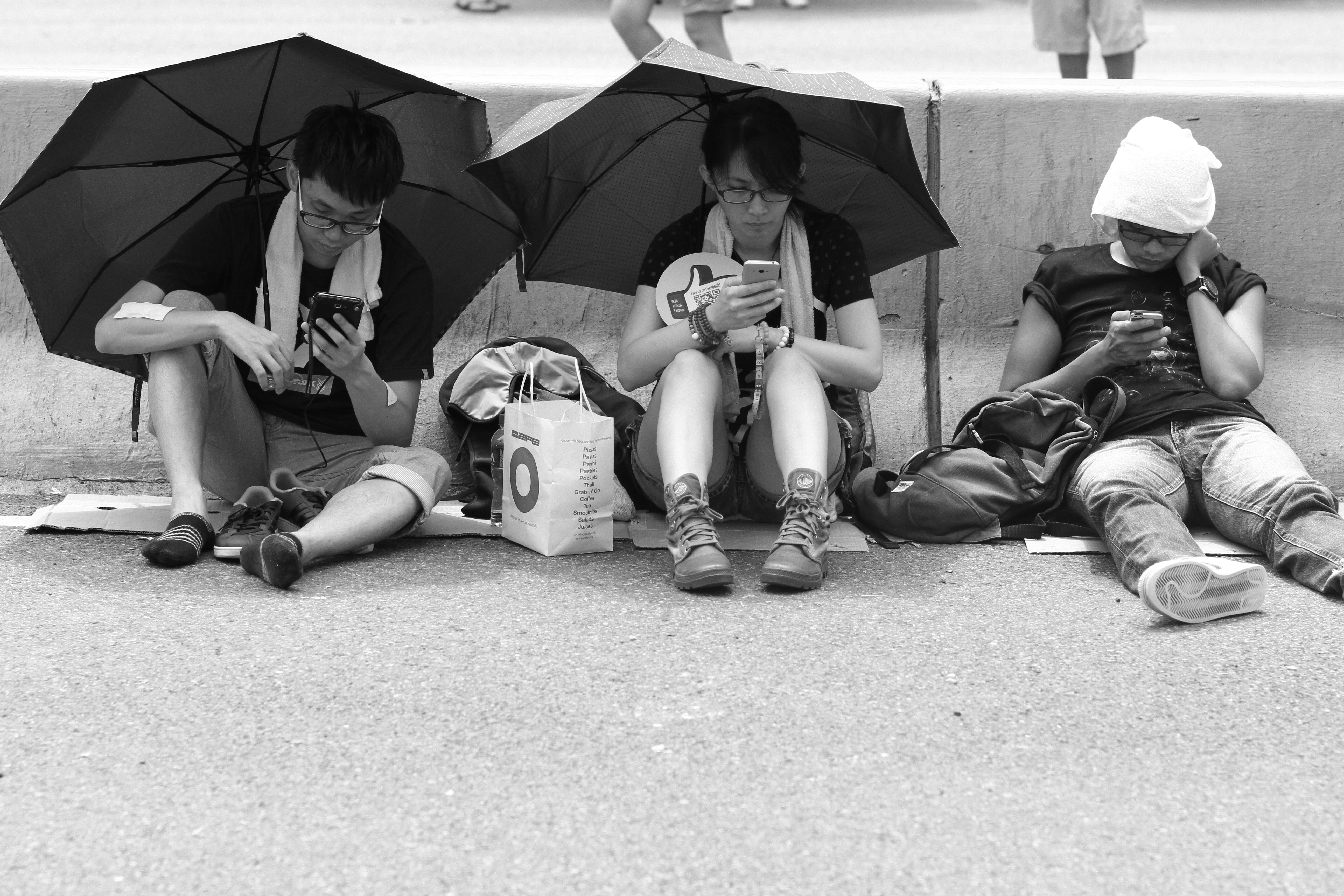
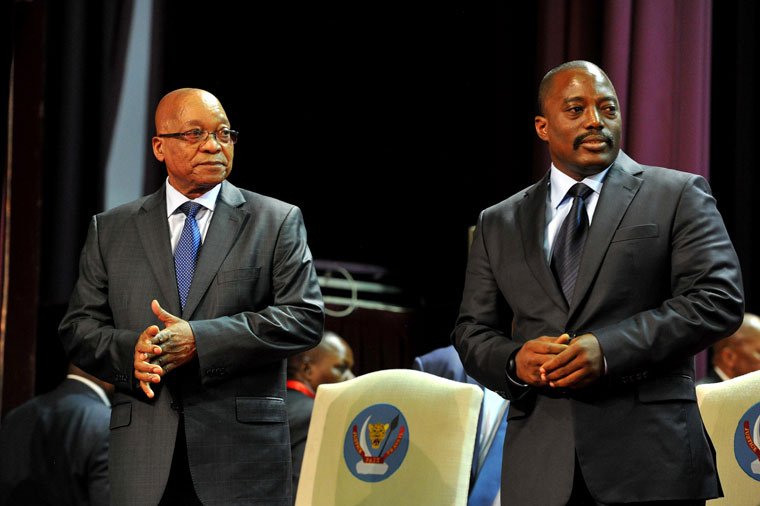
13 comments